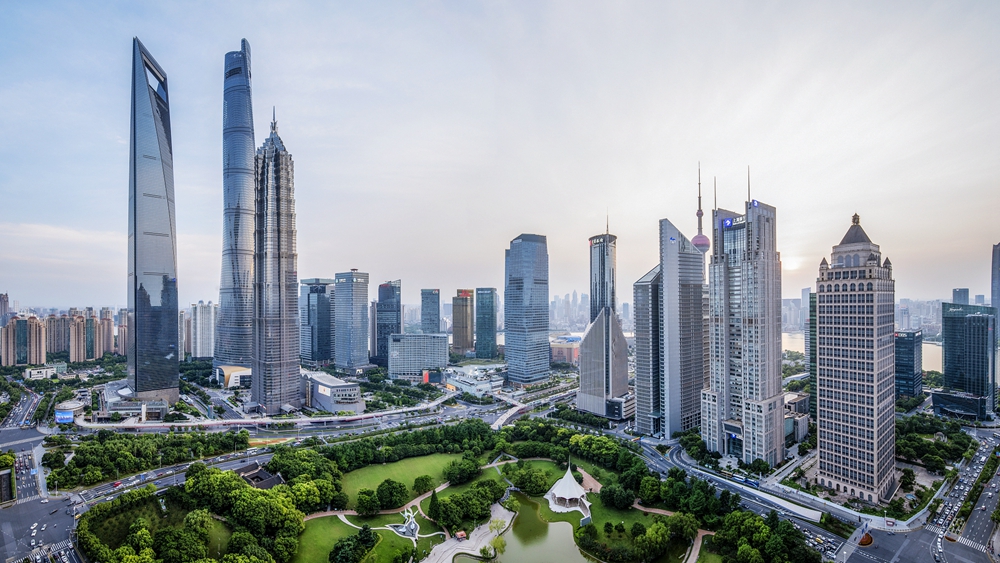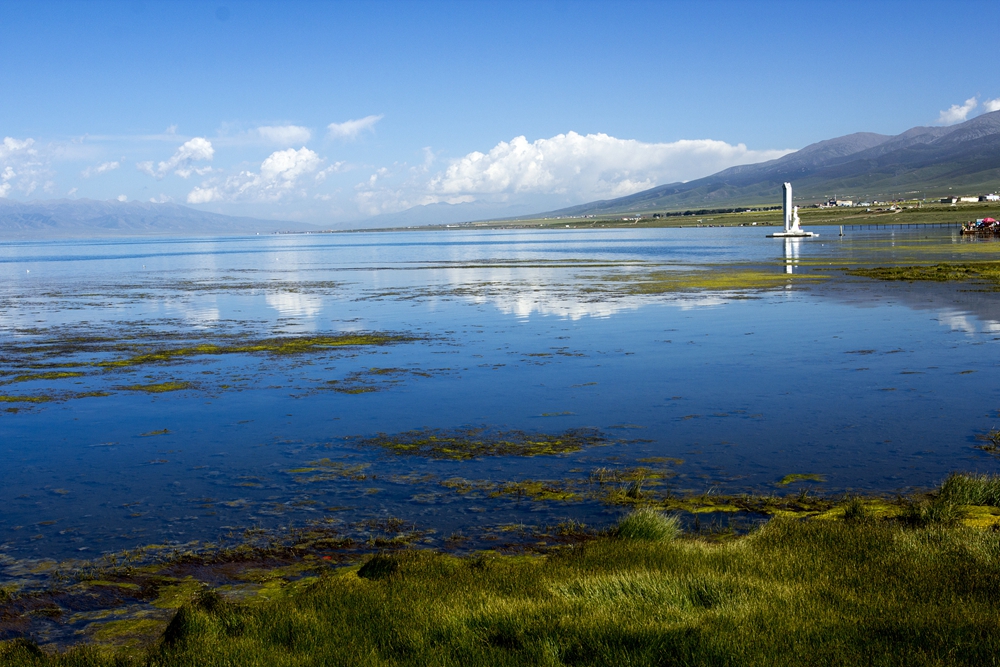
The Lujiazui financial hub in Shanghai, east China. /CFP
The Lujiazui financial hub in Shanghai, east China. /CFP
Chinese President Xi Jinping on Friday stressed the importance of accelerating the building of a new development paradigm, calling it a "strategic measure" for China to seize the initiative in its development for the future.
Xi, also general secretary of the Communist Party of China Central Committee and chairman of the Central Military Commission, made the remarks while presiding over the 20th meeting of the Central Committee for Deepening Overall Reform.
A guideline on accelerating the building of the new development paradigm was reviewed and adopted at the meeting.
First floated by the Chinese leadership in May 2020, the new development paradigm of "dual circulation" allows the domestic and overseas markets to reinforce each other, with the domestic market as the mainstay. The idea then became an important goal in the country's development blueprint.
"China will advance the building of a strong domestic market and a strong trading nation in a concerted way, based on the domestic circulation," according to the Outline of the 14th Five-Year Plan (2021-2025) for National Economic and Social Development and the Long-Range Objectives Through the Year 2035.
At Friday's meeting, Xi said the move aims to enhance China's competitiveness and abilities of survival and development amid various challenges – both foreseeable and unforeseeable.
He called on different regions and departments to incorporate their work into the overall planning of the strategy.
Officials attending the meeting underscored a good start in fostering the new development paradigm, highlighting efforts to boost self-reliance in science and technology, expand domestic demand and promote green development.
Further efforts should be made to meet domestic demand and improve the quality of people's lives while guarding against potential risks in key areas, according to a statement issued after the meeting.

The Qinghai Lake in northwest China's Qinghai Province. /CFP
The Qinghai Lake in northwest China's Qinghai Province. /CFP
Besides the guideline, several other documents were also reviewed and adopted at the meeting, including an action plan on promoting the vitalization of the seed industry, a plan on ecological and environmental protection and sustainable development on the Qinghai-Tibet Plateau, and measures for promoting reform and innovation on facilitation of trade and investment in pilot free trade zones (FTZs).
Xi said seeds are the foundation of China's agricultural modernization and described the provenance of seeds as a matter of national security.
The statement of the meeting called for commitment to systemic governance of mountains, rivers, forests, farmlands, lakes, grasslands, deserts and glaciers on the Qinghai-Tibet Plateau, stressing that "red lines" for ecological security must not be crossed.
The statement also called for advancing institutional opening-up in the 21 FTZs across the country, pledging to grant them more autonomy to reform.

